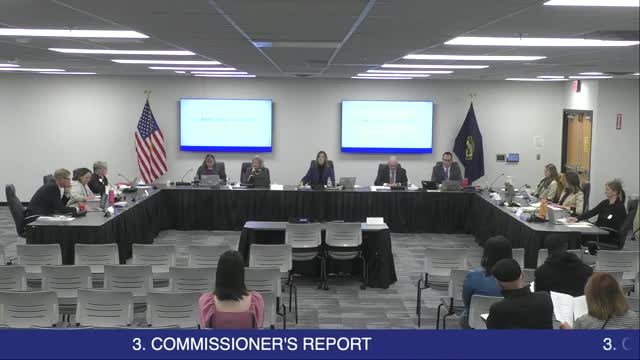Article not found
This article is no longer available. But don't worry—we've gathered other articles that discuss the same topic.
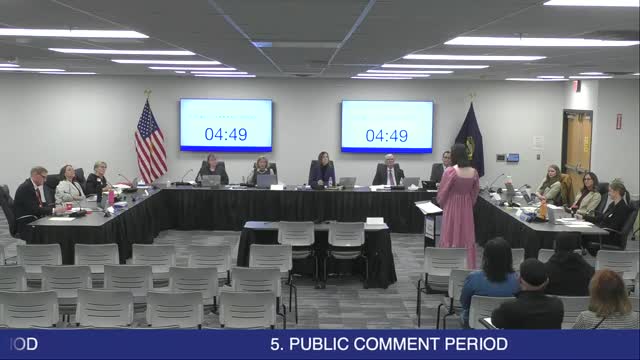
Public commenters urge subject endorsement for theater and press for literacy supports and restorative practices
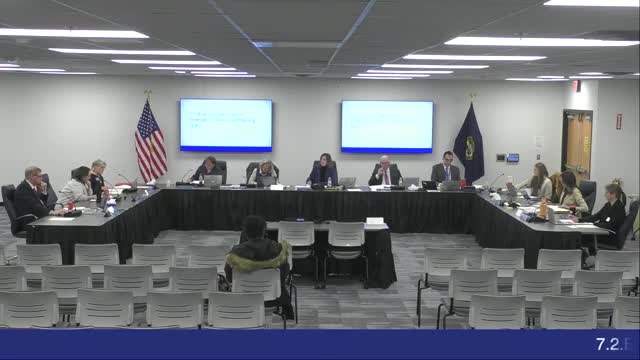
State Board approves grants, contracts and policy updates; CDA navigator grant fails
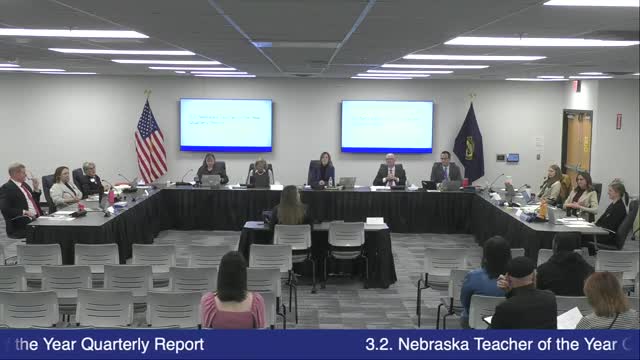
Nebraska Teacher of the Year Lindsey Wilson promotes inquiry, equity and 'teach like a rebel'
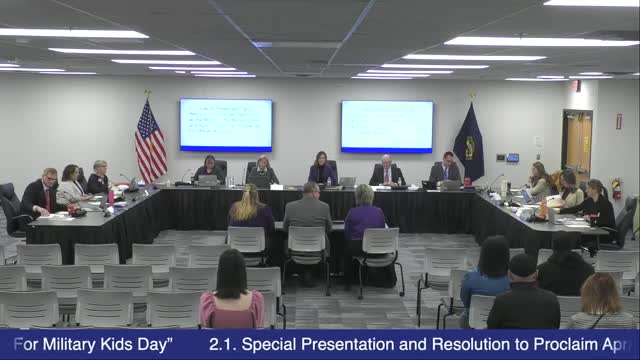
State Board proclaims April as Month of the Military Child and adopts April observances for apprenticeships and Purple Up
